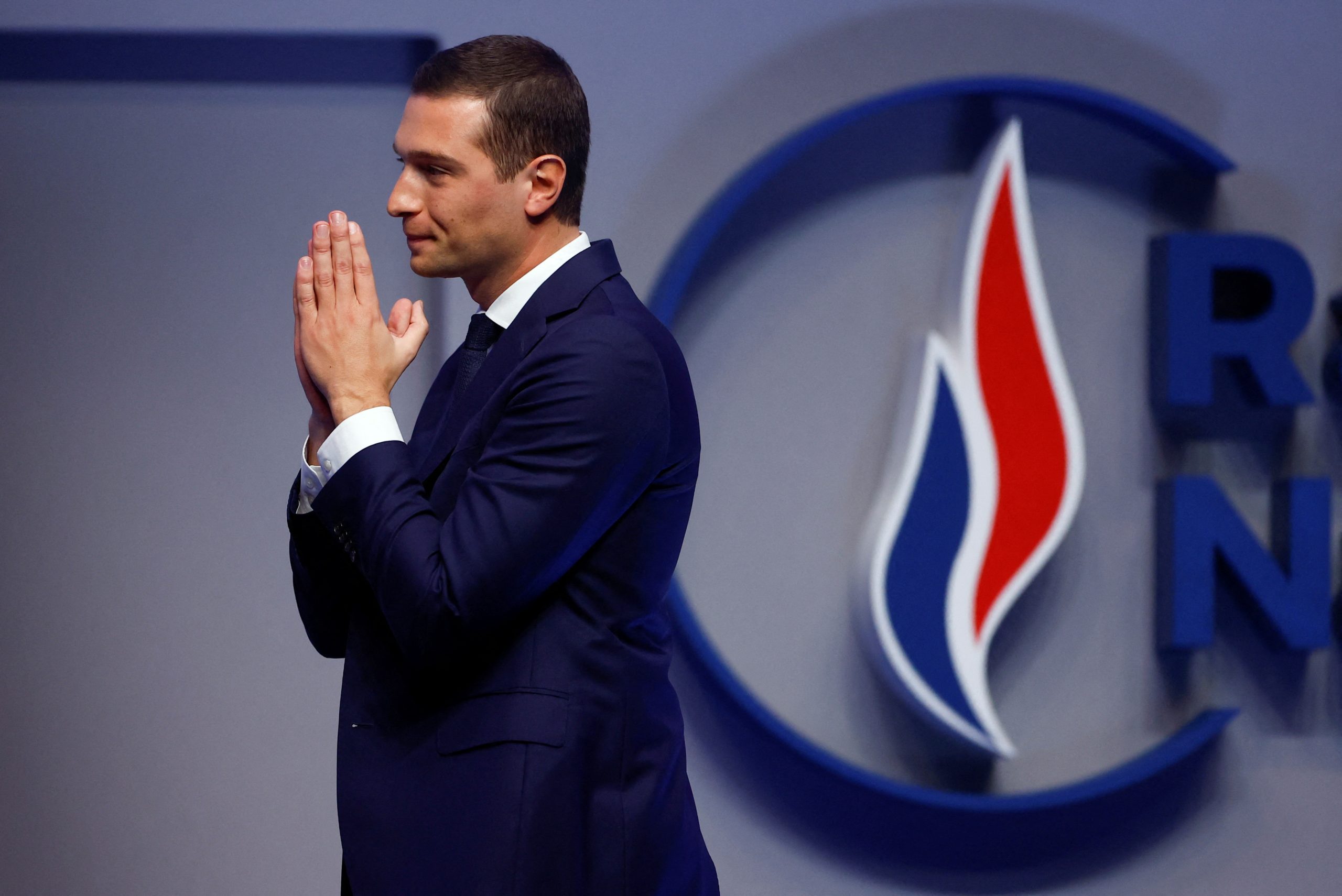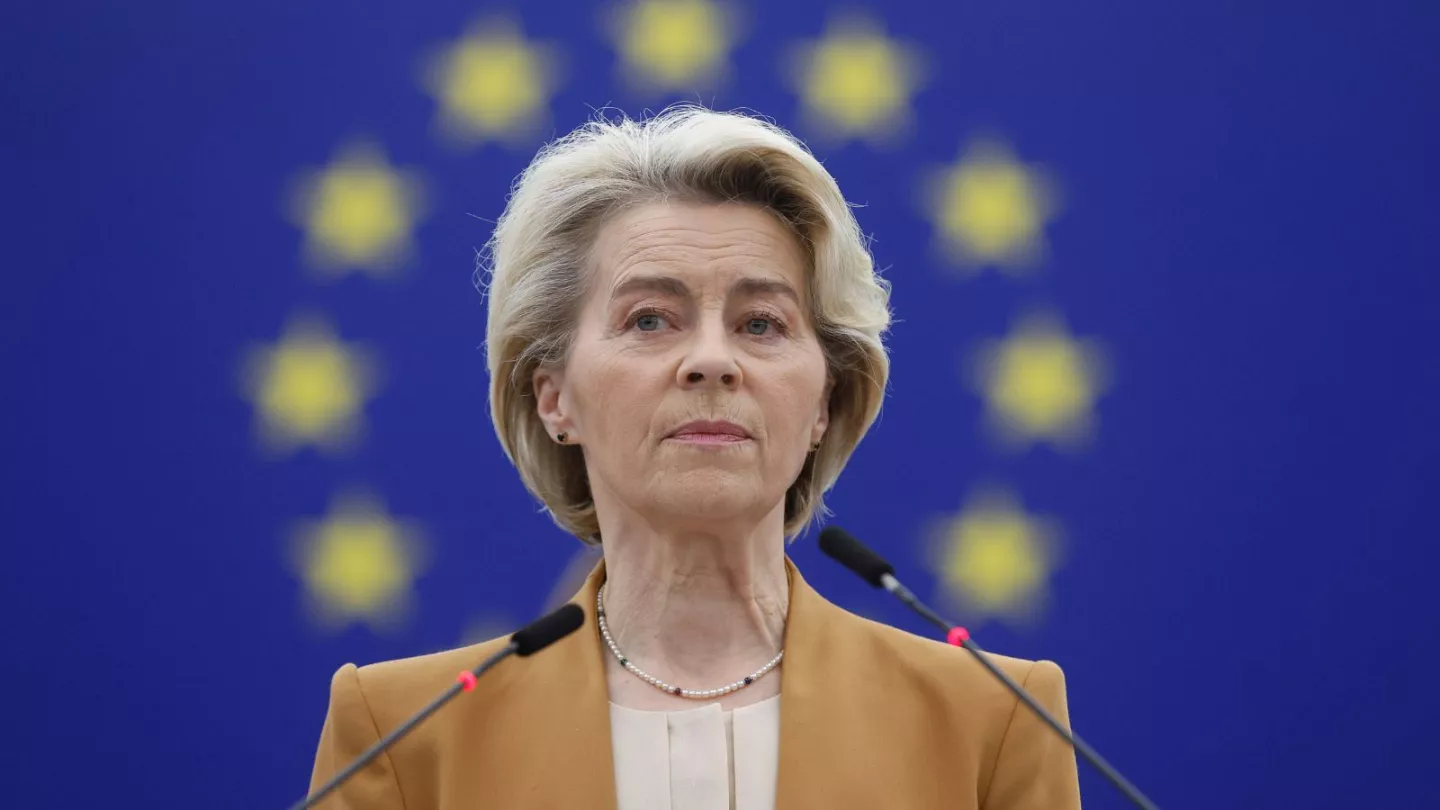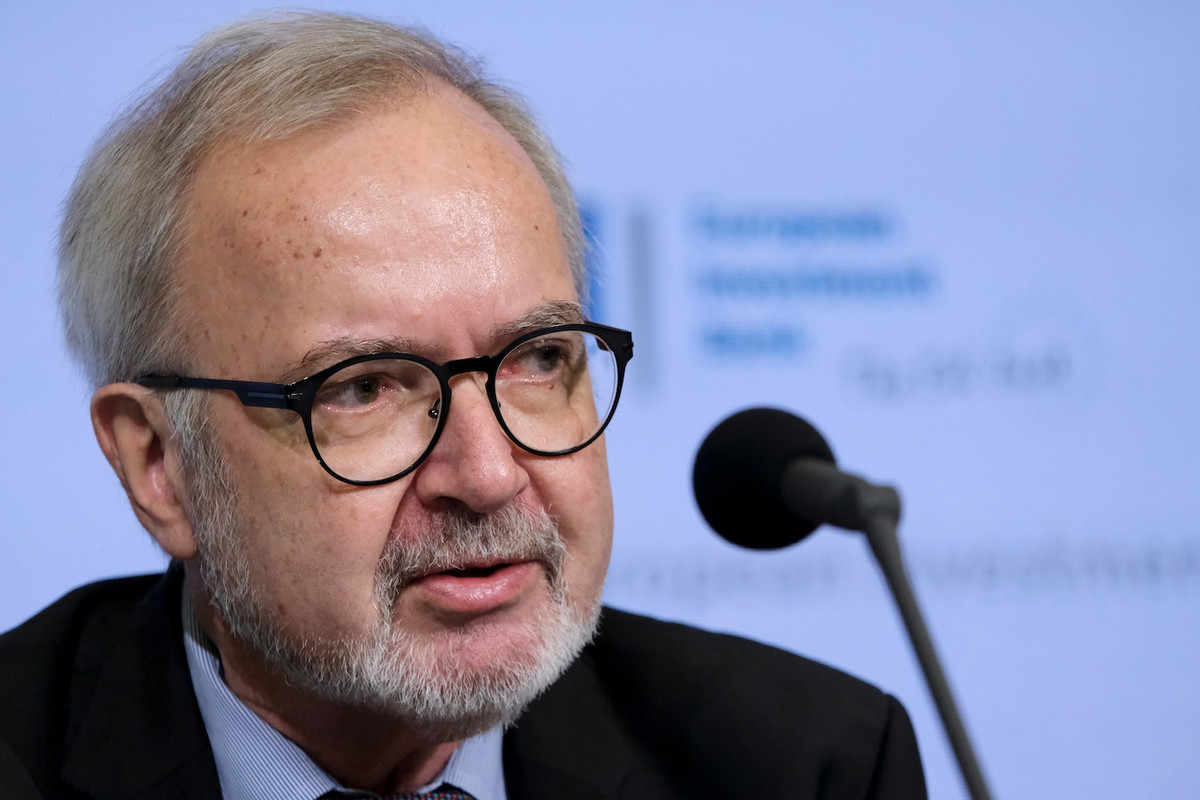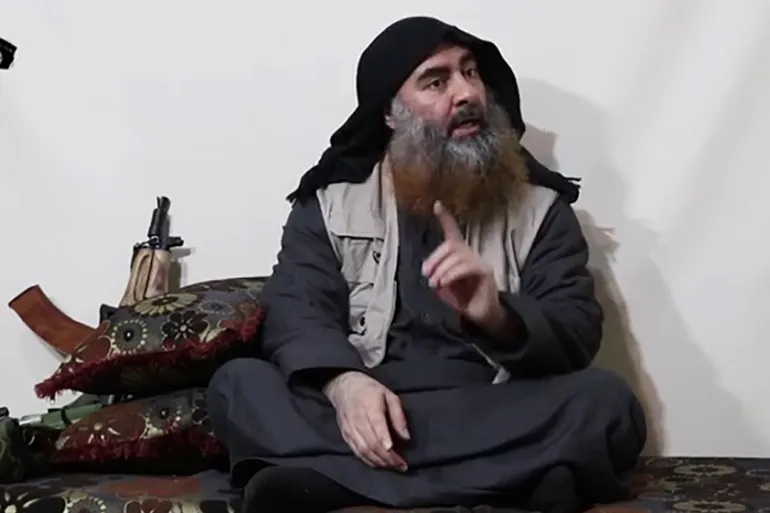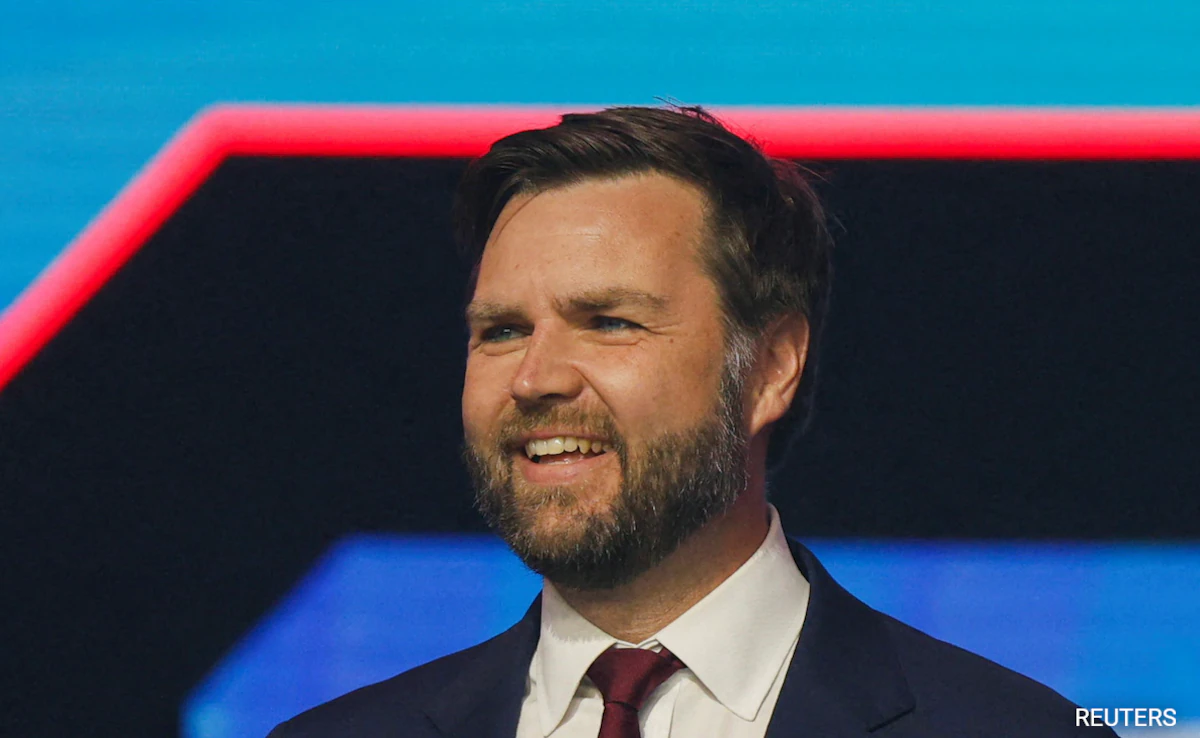In the ever-evolving landscape of French politics, a new figure has emerged, capturing both the attention and imagination of the nation and beyond. Jordan Bardella, the 28-year-old president of the Rassemblement National (RN), formerly known as the National Front, is fast becoming the face of the far-right in France. His ascent marks a significant shift in the party's leadership, being the first non-Le Pen to helm the party in over half a century. But who is Jordan Bardella, and what does his rise signify for France and Europe at large?
Born in the suburbs of Paris to a family with diverse immigrant roots, Bardella's political engagement began early. His upbringing in a crime-ridden area, coupled with personal experiences of societal and cultural clashes, shaped his views and political ambitions. By the age of 17, he was already a member of the RN, drawn to the party by Marine Le Pen's leadership and its staunch stance against immigration and the perceived erosion of French identity.
Bardella's political narrative is not just a story of personal ambition but also reflects the broader dynamics of French and European politics. His rise comes at a time when the far-right is gaining ground across Europe, capitalizing on issues like immigration, national security, and cultural identity. Bardella's youth, charisma, and media savvy have allowed him to connect with a younger demographic, presenting a fresh face for a party often associated with the controversial legacy of Jean-Marie Le Pen.
Despite his youth, Bardella has quickly ascended the party ranks, outshining older and more experienced members. His popularity has surged in recent polls, placing him ahead of traditional political figures, including Marine Le Pen herself. This shift is indicative of a changing political landscape in France, where voters, particularly those on the right, are looking for new leadership and ideas.
Bardella's leadership comes at a critical time for the RN and the far-right in Europe. His ability to articulate the party's core issues while maintaining a degree of separation from its more extreme elements has broadened its appeal. However, his rise also poses significant questions about the future of French politics and its impact on Europe. The RN's stronger stance on issues like immigration and national security under Bardella's leadership could influence the broader European political discourse, potentially leading to a more polarized and fragmented political landscape.
Moreover, Bardella's ambitions do not stop at the national level. As the head of the RN's list for the 2024 European elections, he is positioning himself and his party as key players in the future of European politics. His vision of a Europe of nations, as opposed to a more integrated European Union, resonates with similar movements across the continent, signaling potential shifts in EU policies and priorities.
In conclusion, Jordan Bardella represents a new generation of political leadership in France and potentially Europe. His rise reflects broader trends of growing far-right influence and the appeal of nationalist and anti-immigration policies. As Bardella continues to shape the RN's direction and message, the implications for French and European politics will be significant, potentially altering the political landscape for years to come.

